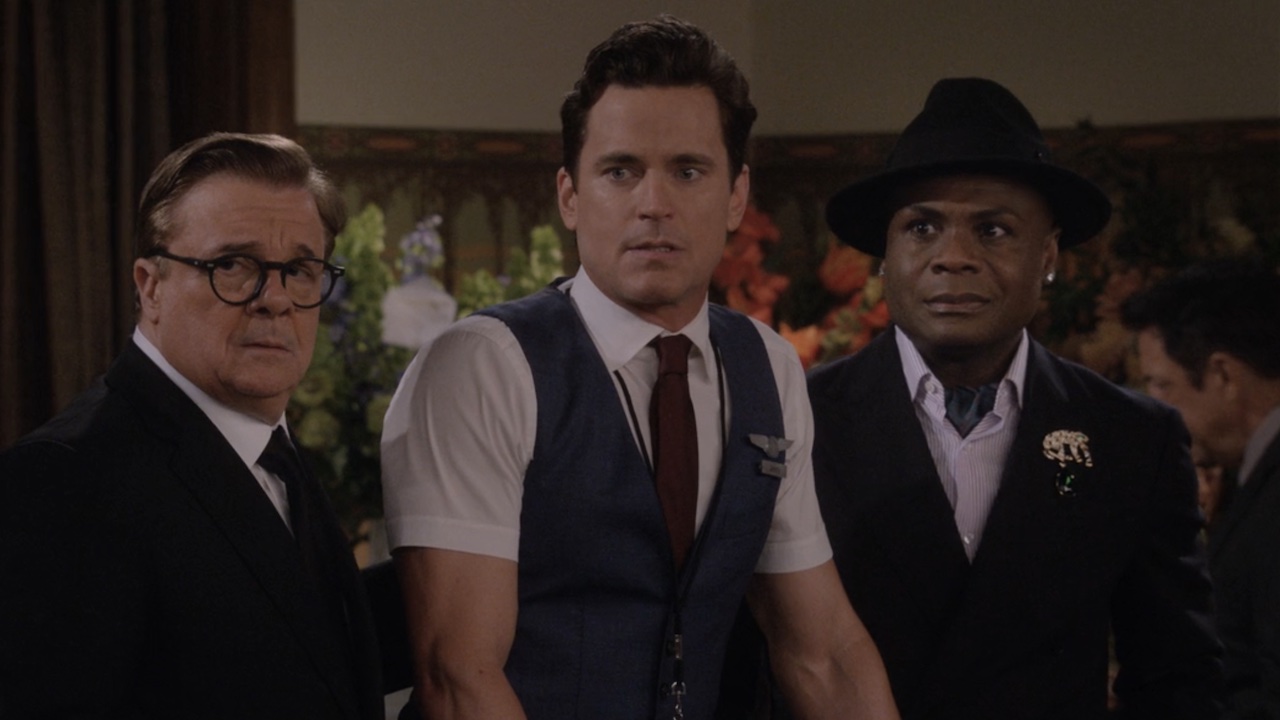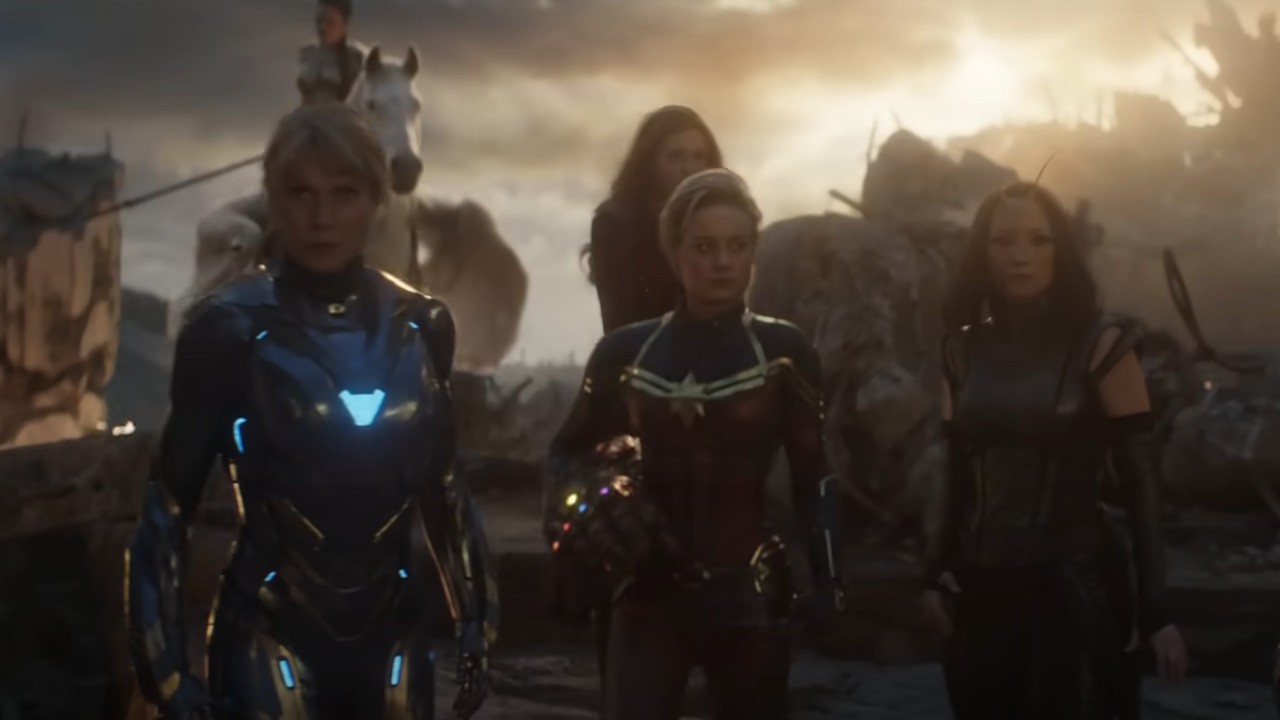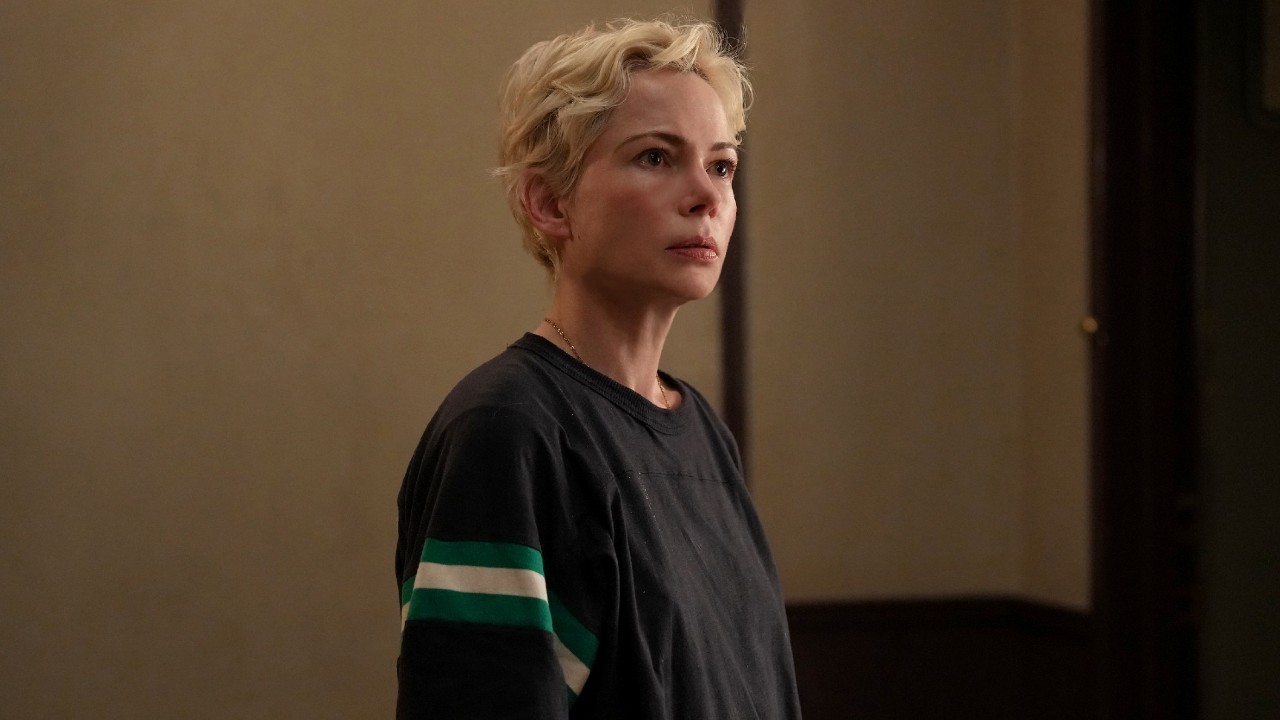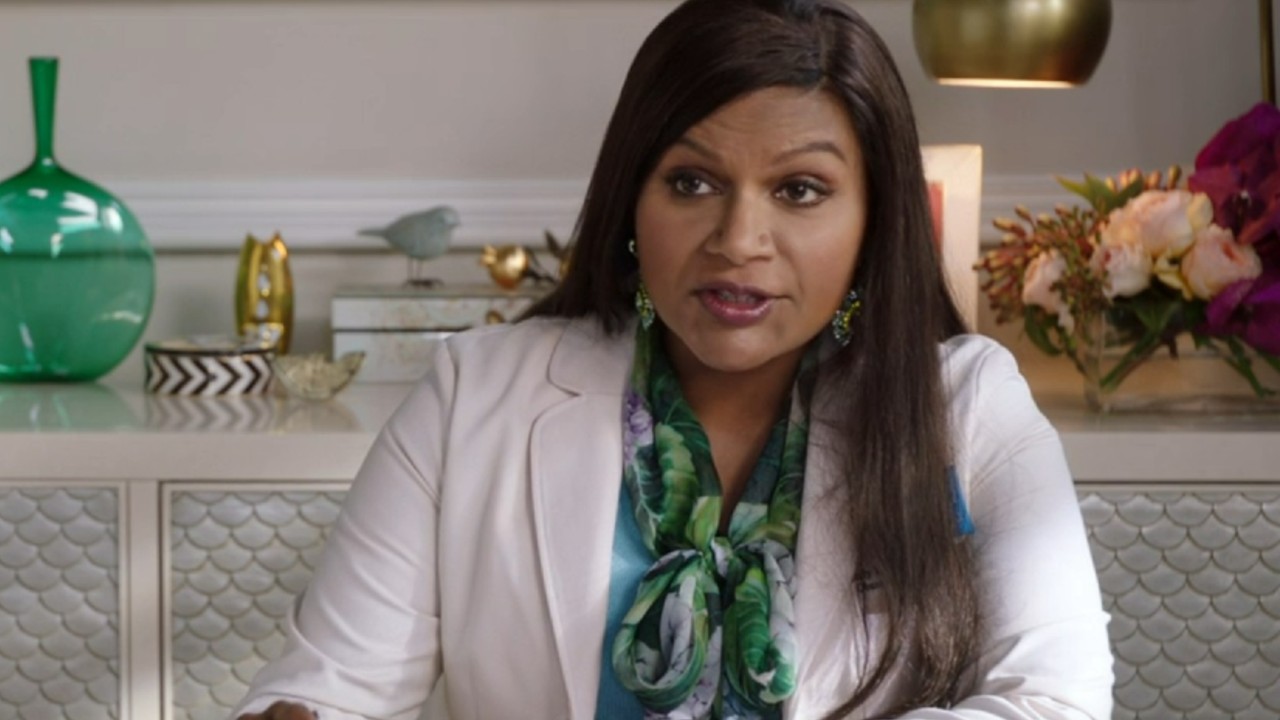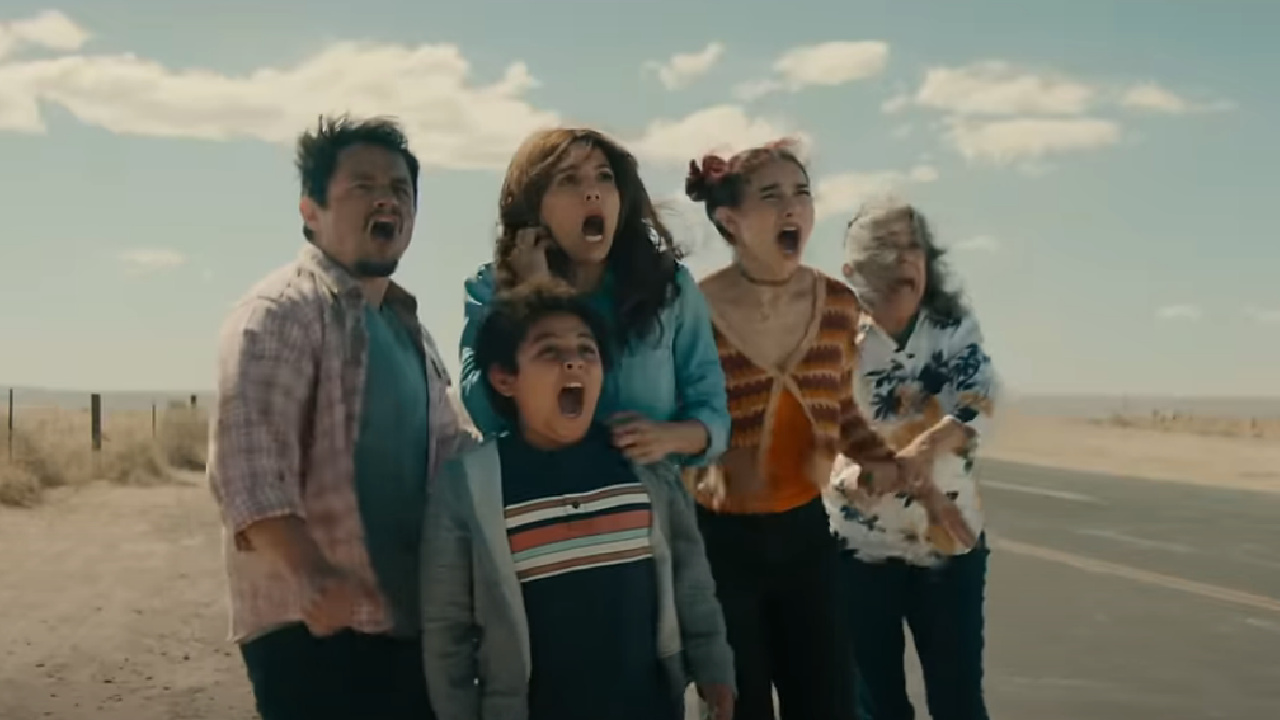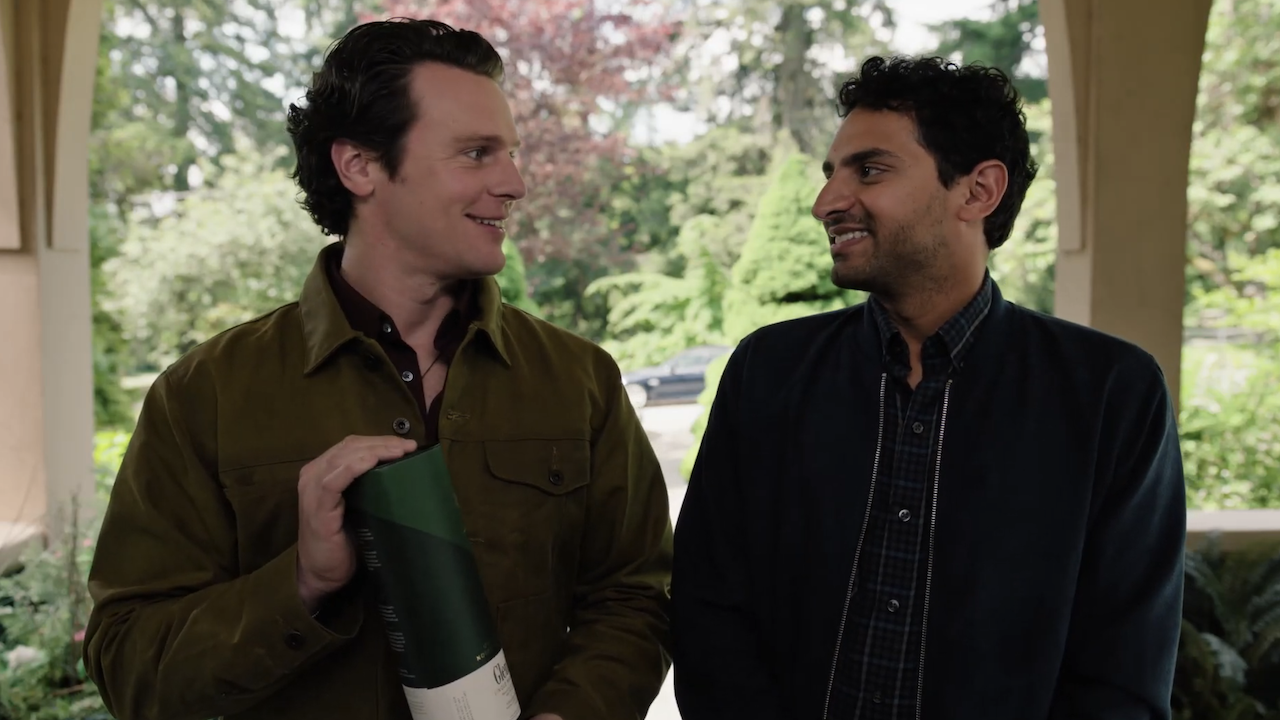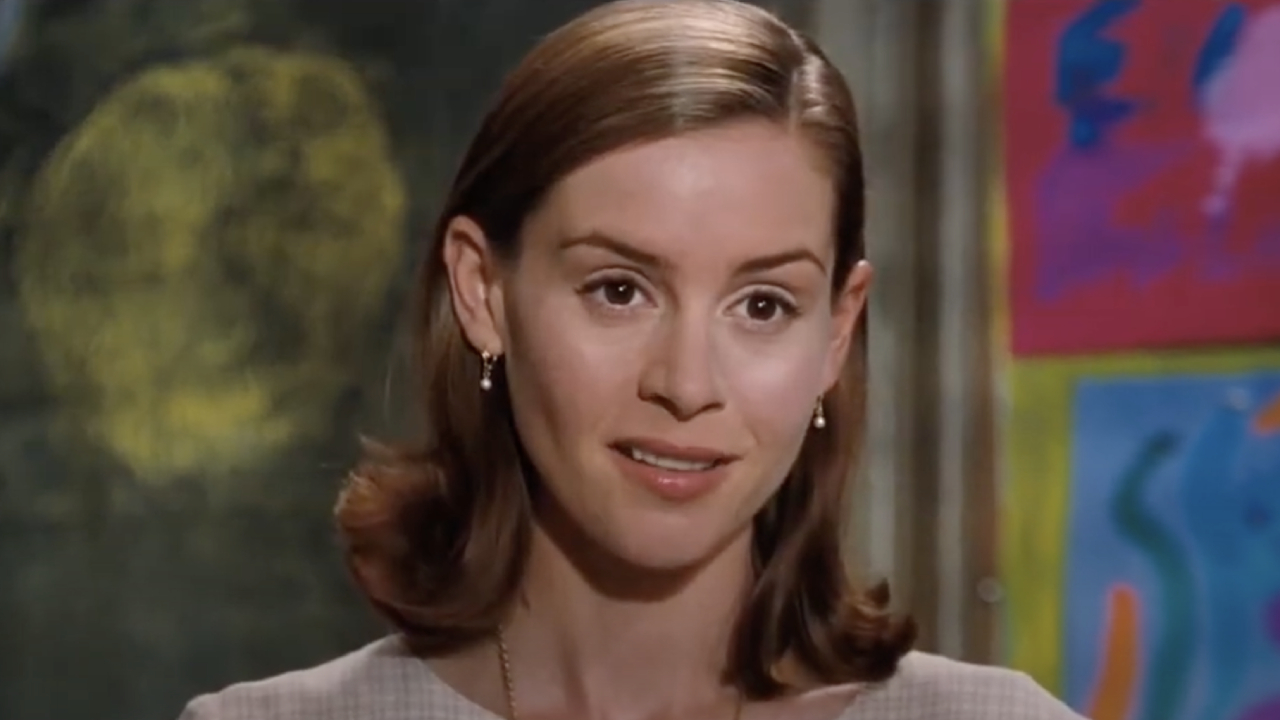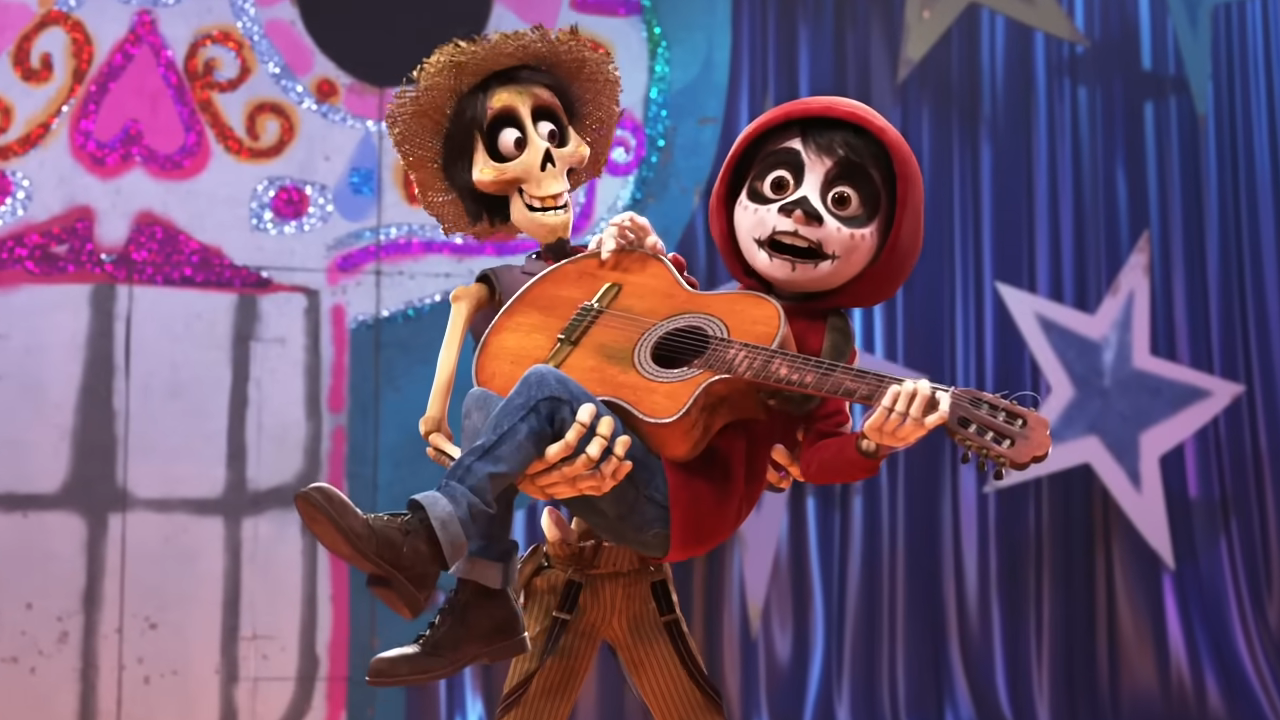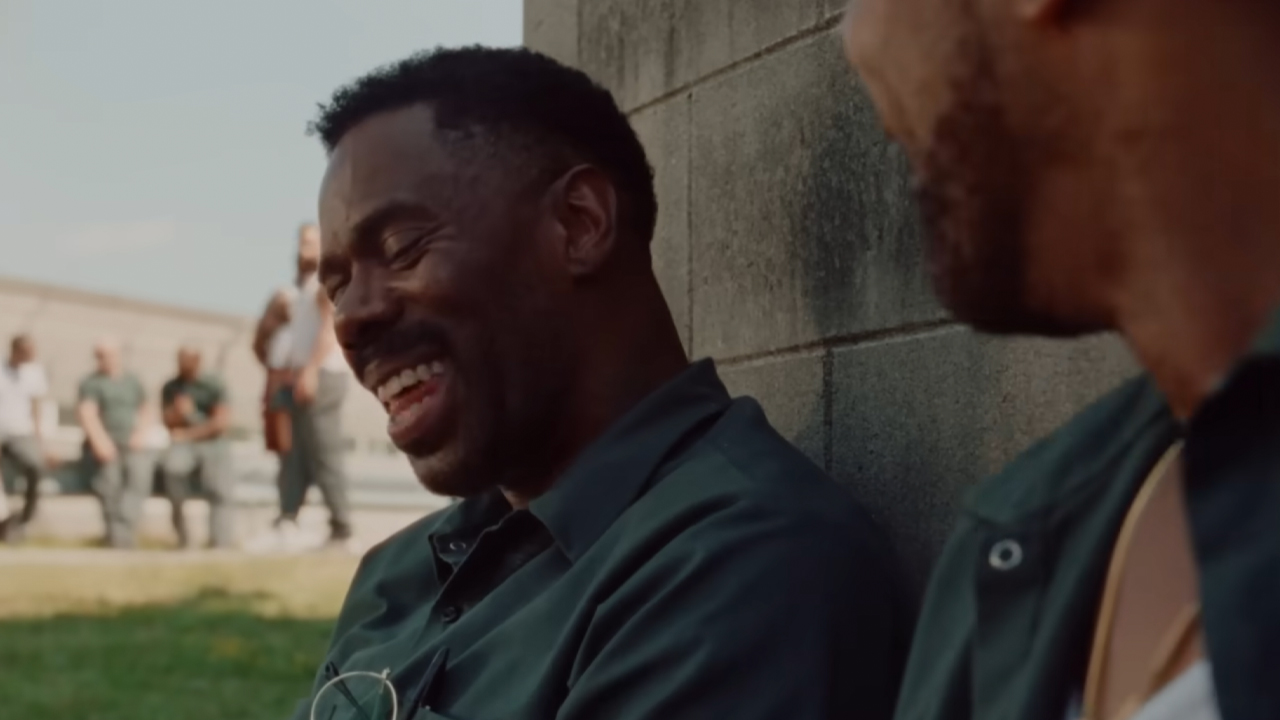Atlanta: 5 Things I'll Miss Most About Donald Glover's FX Show
Atlanta has reached its end, and I'm feeling a way about it.
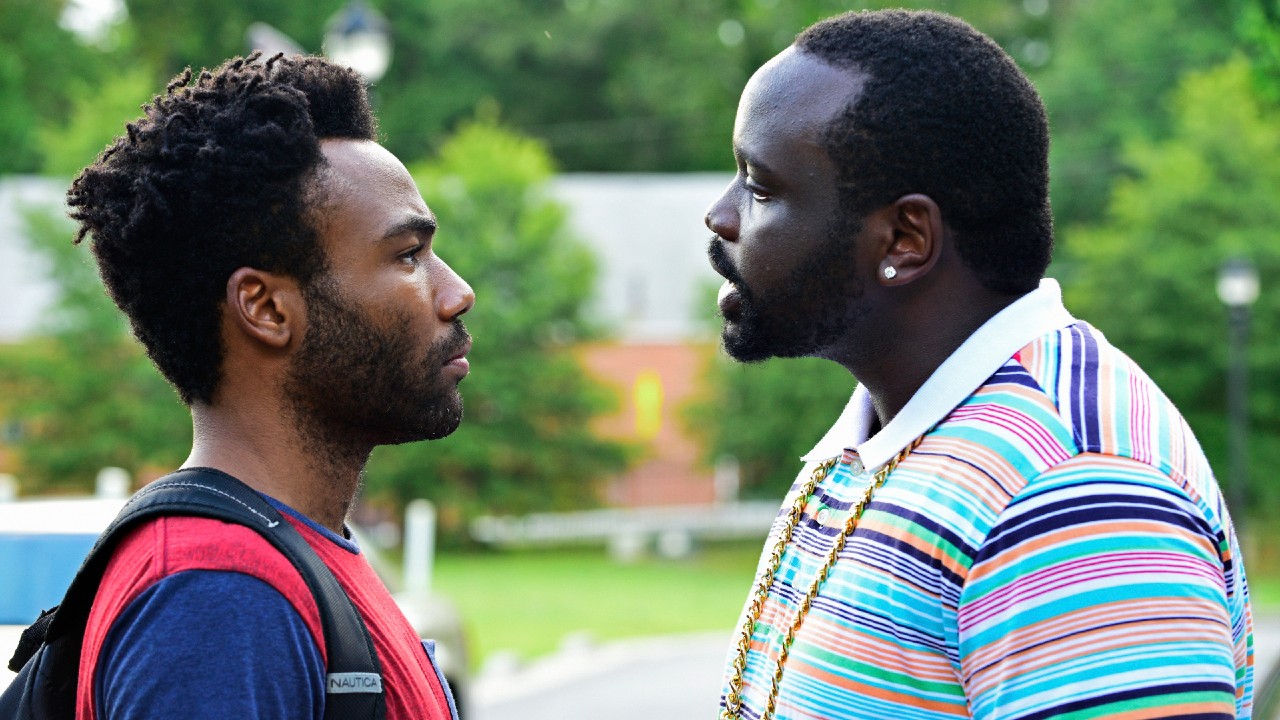
This week marks the end of an era in TV history. Atlanta, Donald Glover’s acclaimed dramedy, closed out its run after four seasons on FX. Glover hyped up the final two seasons of the show as being on par with The Sopranos, and they did not disappoint in the slightest. That makes it all the more difficult for so many to say goodbye to the character of Earnest Marks and his friends and family. In short, there’s a lot to love about the show and, now that it’s gone, there are several things that I’m going to miss the most.
On the surface, the Emmy-winning slow-burn comedy focuses on a young man who oversees the burgeoning music career of his rapper cousin. But it’s much more than that. It’s also a thoughtful examination of the music industry and everyday life told from an African American perspective. Within that, the show cultivated several key elements that really help to set it apart from its small-screen peers. So at the risk of wasting any additional time, let me talk about the things I’ll remember more than anything in the years to come:
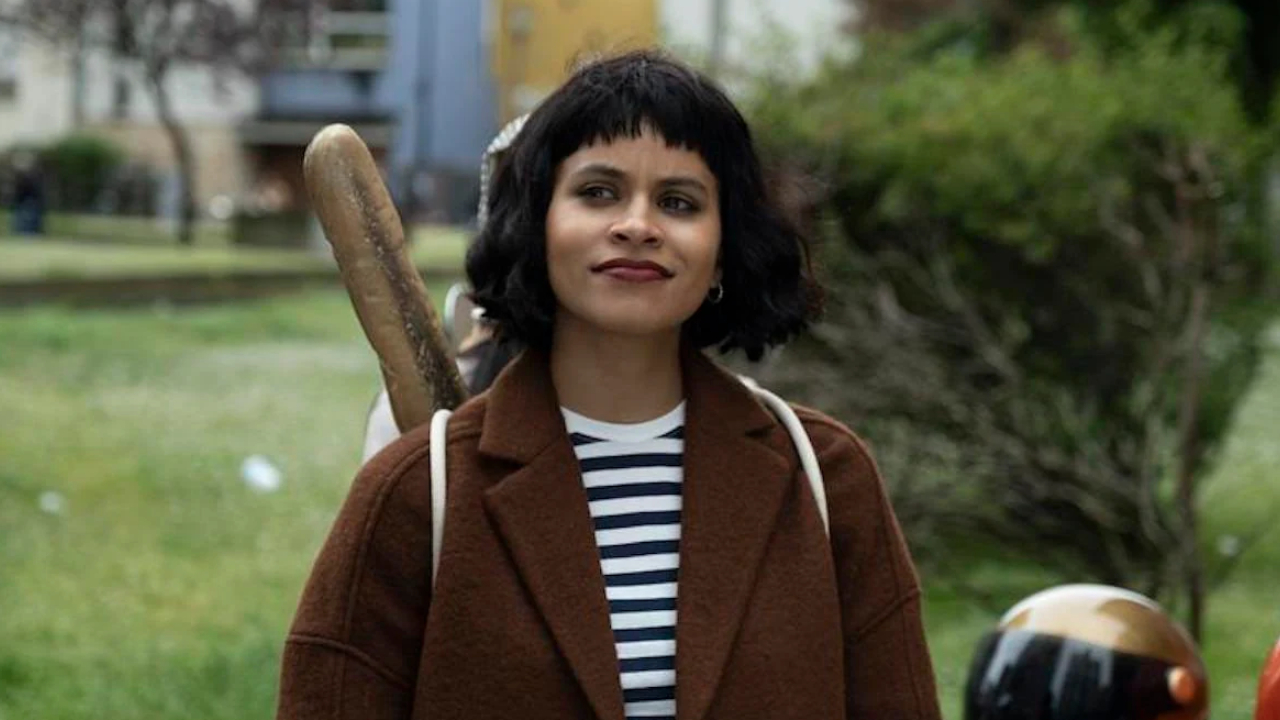
Atlanta’s Anthology-Style Storytelling Made The Program Unique
Like other scripted TV series, Atlanta does have overarching plot threads, such as Alfred’s journey within the music industry and Earn and Van’s relationship. What makes the show so unique, though, is that it doesn’t rely on story arcs. Most episodes take one or some of the characters and place them in unique situations. Others don’t involve them at all and instead, opt to focus on various individuals that also exist within this universe. (Season 3, in particular, had a number of great episodes like that.)
This method of storytelling truly makes the program unique, and it does a lot for fans. Going into each weekly tale viewers have been able to expect something totally different from what they’ve already experienced. It’s basically as though the show is made up of short stories that contain the same characters as opposed to a string of installments that make up a singular arc. It’s not often you can say that every episode of a TV series can stand on its own, but that’s true here. This creative spontaneity is one of the things I’ve enjoyed and will remember fondly.
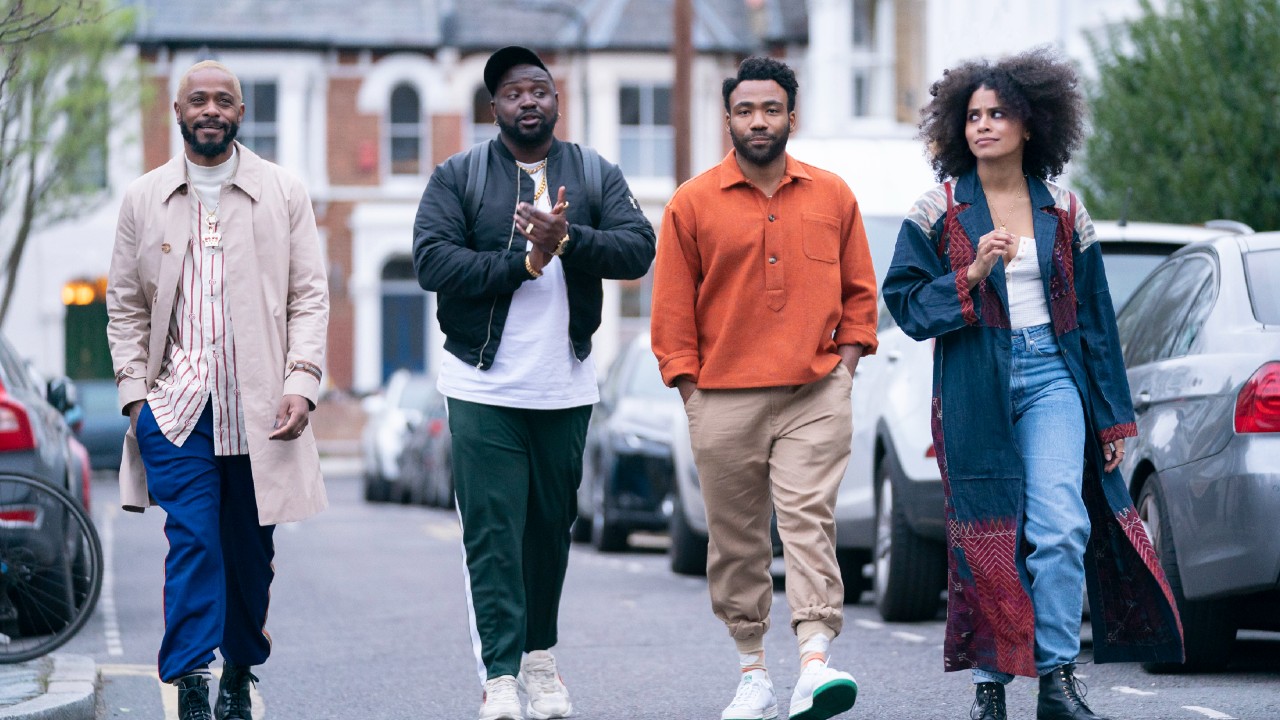
The Characters Of Atlanta Will Collectively Leave A Void
I have absolutely no problem saying that this show has delivered some of the most complex characters to ever grace a TV screen. The principal cast, made up of Donald Glover, Brian Tyree Henry, Zazie Beetz and Lakeith Stanfield, is nothing short of impeccable. Each is so well cast and, at this point, they’re in sync with their characters in a way that few actors are. As a result of their work and that of the razor sharp writing staff, each character’s voice is distinct, and everyone gets their time in the sun.
What’s always impressed me is just how layered the four individuals are. While each has a “base personality,” there’s more to each one than meets the eye. For instance, while Earn is a highly intelligent and sensible young man, who typically plays the straight man to the others’ antics, he can also be neurotic and (as fans saw in Season 4) a bit spiteful. And don’t even get me started on Brian Tyree Henry’s Alfred a.k.a. Paper Boi. On the outside, he’s an imposing rapper who enjoys a good time but, on the inside, he’s a contemplative individual who also appreciates the simple things in life. In short, I’m truly going to miss these intriguing characters and their interactions with one another.
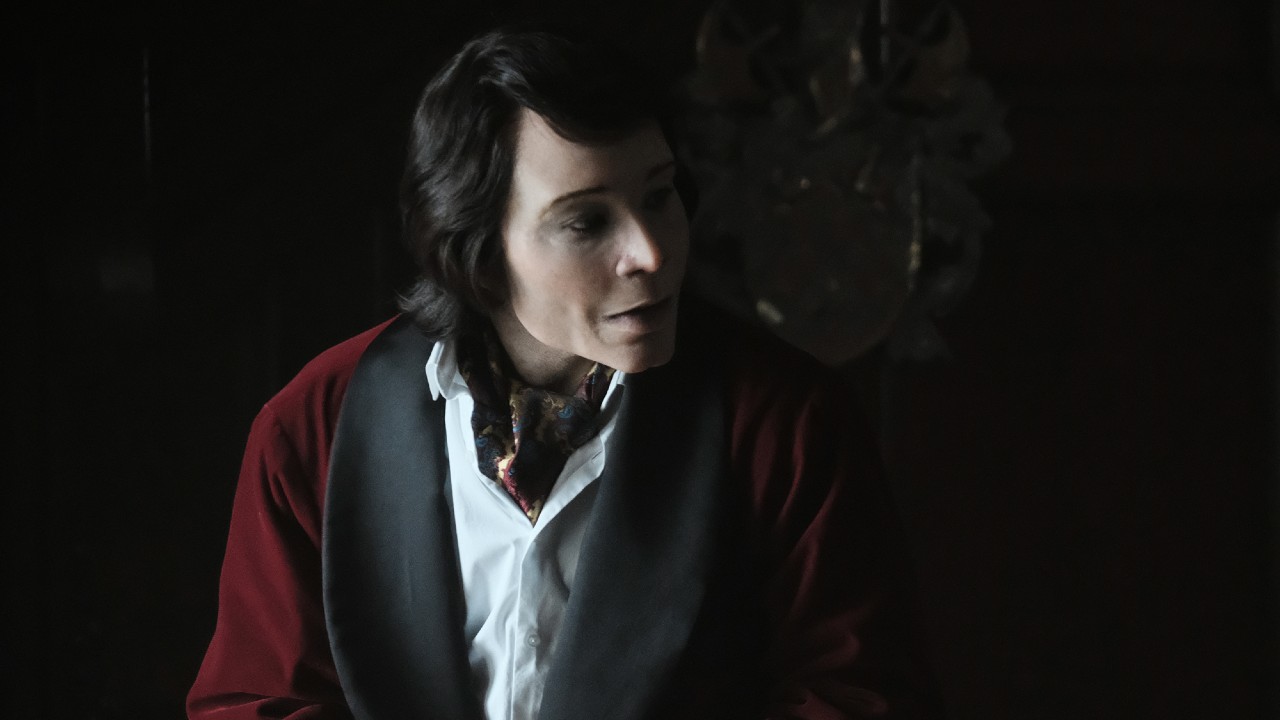
Atlanta’s Use Of Afro-Surrealism Has Been A Novelty Within The TV Landscape
One of the things that makes Atlanta such trailblazing entertainment is the way in which it employs afro-surrealism. Surrealism is an avant-garde movement that began in the 20th century and saw artists using wild images and other unconventional techniques as forms of expression. (A number of contemporary shows have featured surreal elements including The Sopranos and Twin Peaks.) Afro-surrealism is essentially the same thing, yet the main difference is that its ultimate goal is to convey aspects of the Black experience. Donald Glover’s show has done that in tremendous fashion.
There are so many surreal moments that one could mention from the series’ run. Whether it be Marcus Miles’ invisible car, the race-bent Justin Bieber or the infamous Teddy Perkins, the series has delivered big time. These moments may have been a bit too odd for some, but they were incredibly refreshing for me. It’s honestly not often that we get to see African-American characters placed in such extraordinary circumstances, let alone on a mainstream TV show. Though I’m sad that we won’t see any more of it from Atlanta, I’m hopeful that it’ll inspire other creatives to follow suit down the line.
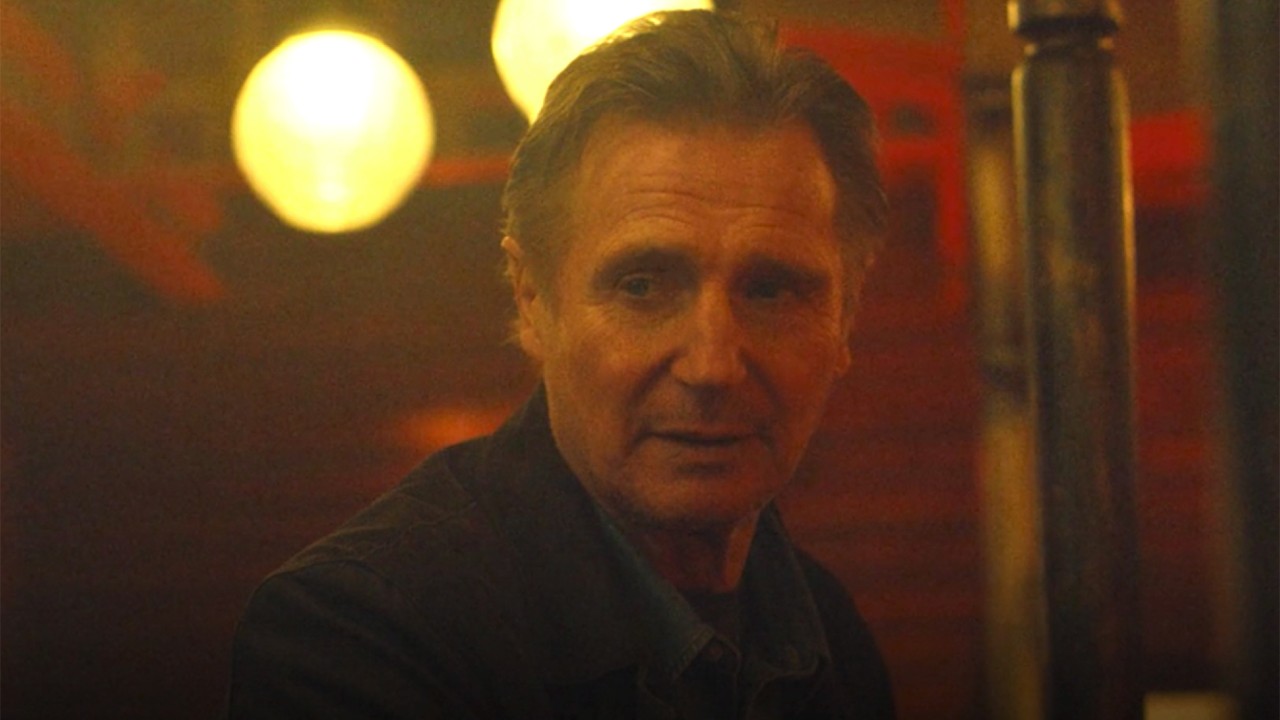
The Way Atlanta Used Guest Stars Was Nothing Short Of Entertaining
You can't discuss the show’s greatness without talking about the wave of excellent guest stars that appeared over the four seasons. The list may not be super lengthy, but Earn and co. crossed paths with some familiar and surprising stars. The Migos, comedian Katt Williams and Soulja Boy are among those to pop up. But what was really interesting about sweet appearances like those is how they were employed.
Atlanta dropped notable actors into the narrative in some wild ways. For example, some may still remember that in Season 2, Earn challenged Michael Vick to a foot race. There’s also Season 3’s “New Jazz,” which featured Liam Neeson addressing his 2019 race controversy. (I still can’t believe that one.) And do I even need to mention Van pulling the okey-doke on Alexander Skarsgård during the latter season’s finale? In short, very few shows have handled guests like this, and none of them have disappointed. I only wish the producers had reached out to Chris Evans for that one Season 4 episode.
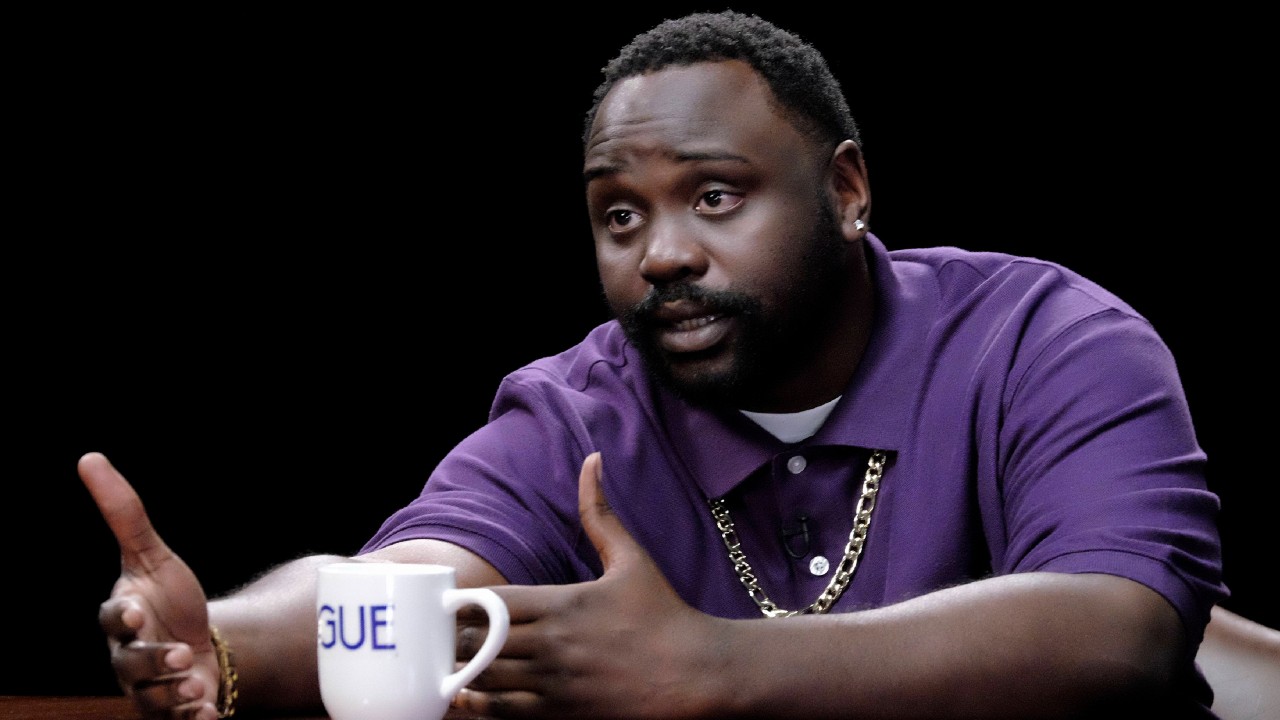
Atlanta Will Be Remembered For Its Social Commentary
I mean, we can’t discuss Atlanta without talking about the astute societal observations it’s made over the past four seasons. Quite frankly, there are just too many ways to count just how it has shed light on topics in thoughtful and creative ways. One of the most notable episodes to do this was Season 1’s “B.A.N.,” which won Donald Glover an Emmy for his direction. Police brutality, generational wealth, familial dysfunction and mental health are only a few of the things that have been addressed. The show has even tackled the relationship between African Americans and the TV and film industries. (Season 4 made solid points about the shelf lives of Black musicians.)
It’s true that there are plenty of shows today that look to convey social and/or political commentary. Though the FX dramedy has done so in a way that always feels natural and never heavy-handed. This comes down to Donald Glover and his team trusting the audience to be able to pick up on what they’re laying down. One can’t help but appreciate a series that doesn’t talk down to its viewers but is always willing to be honest with them.
To say that Atlanta has left an indelible mark on the television landscape would be an understatement. There’s just nothing else like it, and there will likely be nothing else like it once it’s over. Though I’m sad it’s ending, I’m certainly glad to have had it and, whenever I consider all that it’s given us, I’ll look back on it fondly.
You can check out every episode of Atlanta by streaming them with a Hulu subscription. And if you're now in need of something else to watch, check out the 2022 TV schedule for some viable viewing options.
CINEMABLEND NEWSLETTER
Your Daily Blend of Entertainment News
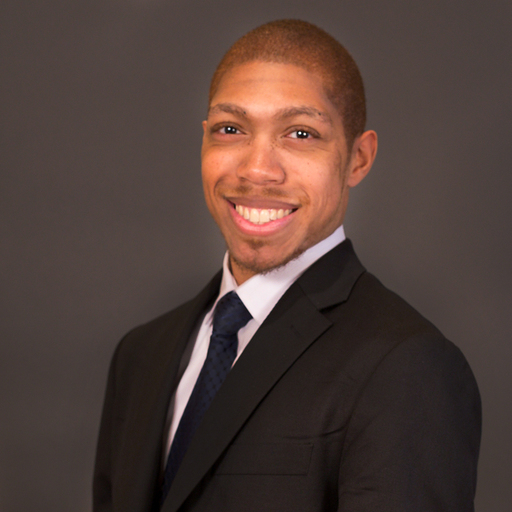
Erik Swann is a Senior Content Producer at CinemaBlend. He began working with the publication in 2020 when he was hired as Weekend Editor. Today, he continues to write, edit and handle social media responsibilities over the weekend. On weekdays, he also writes TV and movie-related news and helps out with editing and social media as needed. He graduated from the University of Maryland, where he received a degree in Broadcast Journalism. After shifting into multi-platform journalism, he started working as a freelance writer and editor before joining CB. Covers superheroes, sci-fi, comedy, and almost anything else in film and TV. He eats more pizza than the Teenage Mutant Ninja Turtles.
